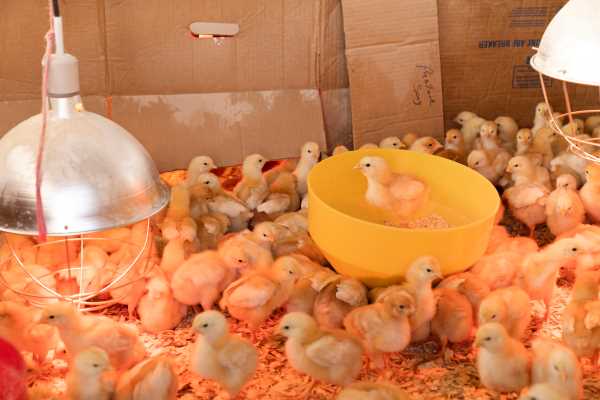By : Nonhlanhla Ntuli
More and more young people are venturing into farming to become self-employed instead of looking for a job. Pumla Ntlokwana Libazi and Nkosinathi Qwabe are young poultry business owners that are hoping to one day compete with big players in the poultry industry. They strongly believe that graduates leaving institutions should consider becoming self-employed farmers.
Over the years there has been a growing call for entrepreneurship to become more embedded within the education system this as the youth unemployment rate continue to increase.
The young poultry business owners said that the current education system does not prepare students with skills to create their own income. “Schools should introduce entrepreneurship at an early education stage,” said Ntlokwana Libazi the owner of L And A Farming & Projects, a poultry farm based in Tsolo, Eastern Cape, Tsolo.
She said that the business she owns with a partner was started in a backyard in 2016 and today they produce 1500 chickens per cycle. She is proud that her business contributes towards food security for her community. “We started this business because our research showed that the consumption of white meat is a growing trend in health-conscious consumers,” said Libanzi the Walter Sisulu University graduate who also has a Certificate for Broiler Production and Egg production from the KZN Poultry Institute.
Nkosinathi Qwabe the founder of Sokhanyiso Hatchery believes that nowadays a tertiary institution qualification is not enough to get a job and there is a need for entrepreneurial skills development training in schools and tertiary.
“When I was growing up in a township, all we wanted was to study so we could get jobs but nowadays this is not enough, young people need to have entrepreneurial education,” said Qwabe .
The poultry business owner holds a Bsc in Chemistry and Chemical Technology and he ventured into farming because he wanted to improve the quality of chicken meat consumed by his community. Since becoming a poultry farmer he noticed that it’s difficult to make a profit when growing Grade B chicks because they require a lot of work. “To overcome this challenge, we ventured into hatching, and we supply the informal market with quality Grade A chicks, so they have a better chance of making a profit,” he said.
The business is still operating from a backyard and has never been government-funded. He said challenges for upcoming young black farmers are lack of funding opportunities, market access, and skills development. “I can’t grow my business because of limited space and unfortunately I can’t access funding to help my business grow, ’he said.
The businessman started his business with his savings straight after university and he had one incubator in one room and 400 chicks. Today, he has three incubators with enough assets to produce 10 00 chicks per month.
The high youth unemployment rate continues to be a concern and perusing a farming business has had positive outcomes for L And A Farming & Projects and Sokhanyiso Hatchery.








